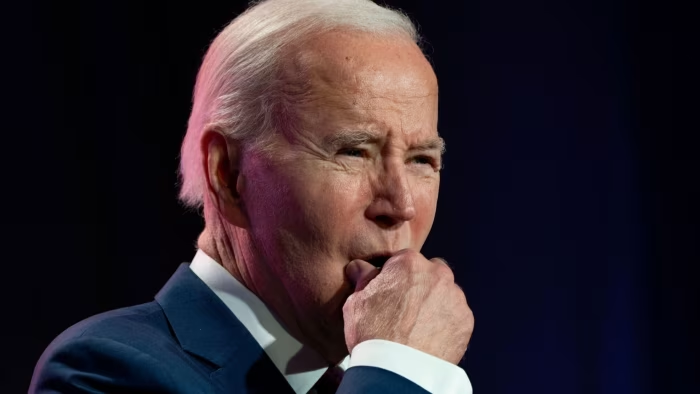Recent surveys have illuminated the intricate tapestry of opinions among Americans concerning the assertion that the United States stands as the greatest country on Earth.
In a comprehensive 2023 survey conducted by the Pew Research Center, as reported by USA Today on Friday, January 5, a mere 20% of respondents ardently assert that the United States “stands above all other countries in the world.”
Contrastingly, a substantial 52% perceive the U.S. as “one of the greatest countries, along with some others,” while a noteworthy 27% express the view that “there are other countries that are better than the U.S.”
This sentiment echoes earlier findings from a 2020 USA TODAY/Suffolk Poll, which disclosed that 32% of participants regarded the United States as “the greatest country in the world,” while 28% labeled it as “one of the greatest.” These divergent opinions within the American populace underscore the complexity of national identity.
The 2020 Pew Research Center survey, however, presents a contradiction to the aforementioned trends, revealing that a significant 64% of respondents unequivocally believe the United States is “the greatest country in the world.”
Yet, a noteworthy 29% maintain the perspective that “there are other countries that are better than the U.S.,” underscoring the fluid nature of public sentiment subject to change over time.
Importantly, these surveys unveil a correlation between views on national greatness and factors such as political affiliation and age. The perception of the United States as the greatest country in the world appears to be intricately tied to partisan lines, with individuals aligning with different political ideologies showcasing varying levels of patriotism.
Generational disparities also contribute to this divide, as younger generations express a more nuanced view of national pride compared to their older counterparts.
These surveys collectively underscore the nuanced and multifaceted nature of American opinions on the country’s global standing.
The ongoing discourse surrounding whether the United States is the greatest country in the world highlights the complexity of national identity, with individuals expressing a spectrum of perspectives influenced by political and generational factors.










